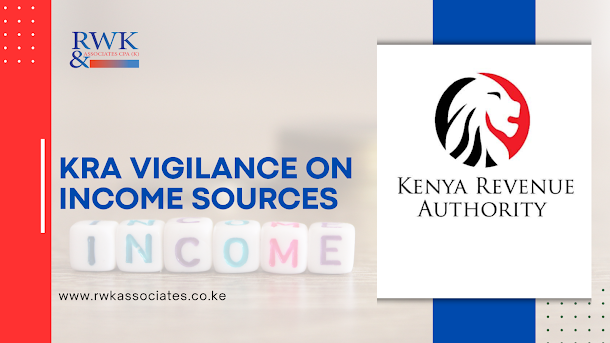Blossoming Trade: UK's Duty Waiver Boosts Kenya's Flower Exports

A significant shift has occurred with the UK temporarily suspending duty on cut flowers for two years, aiming to bolster trade relations with Kenya and other East African nations. This move holds implications not only for the horticulture sector but also for the broader economic ties between these regions. The UK's decision to waive the eight percent duty on cut flowers marks a pivotal moment for growers in Kenya, Ethiopia, Rwanda, Tanzania, and Uganda. With this suspension in place until June 2026, exporters from these regions can now access the UK market with zero tariffs, regardless of transit routes. This not only simplifies trade logistics but also opens up opportunities for increased export volumes. East African flower growers, who often utilize third-country routes or auction houses, stand to benefit significantly from this policy shift. Moreover, the UK's emphasis on fostering mutually beneficial trade underscores the importance of collaborative economic initiatives i...



